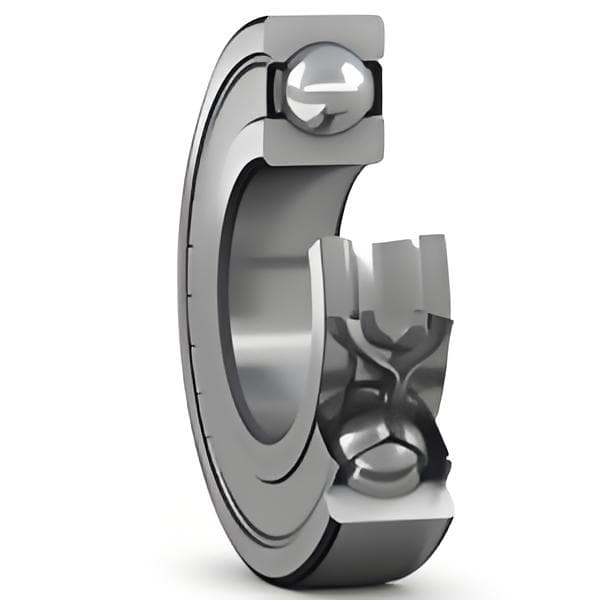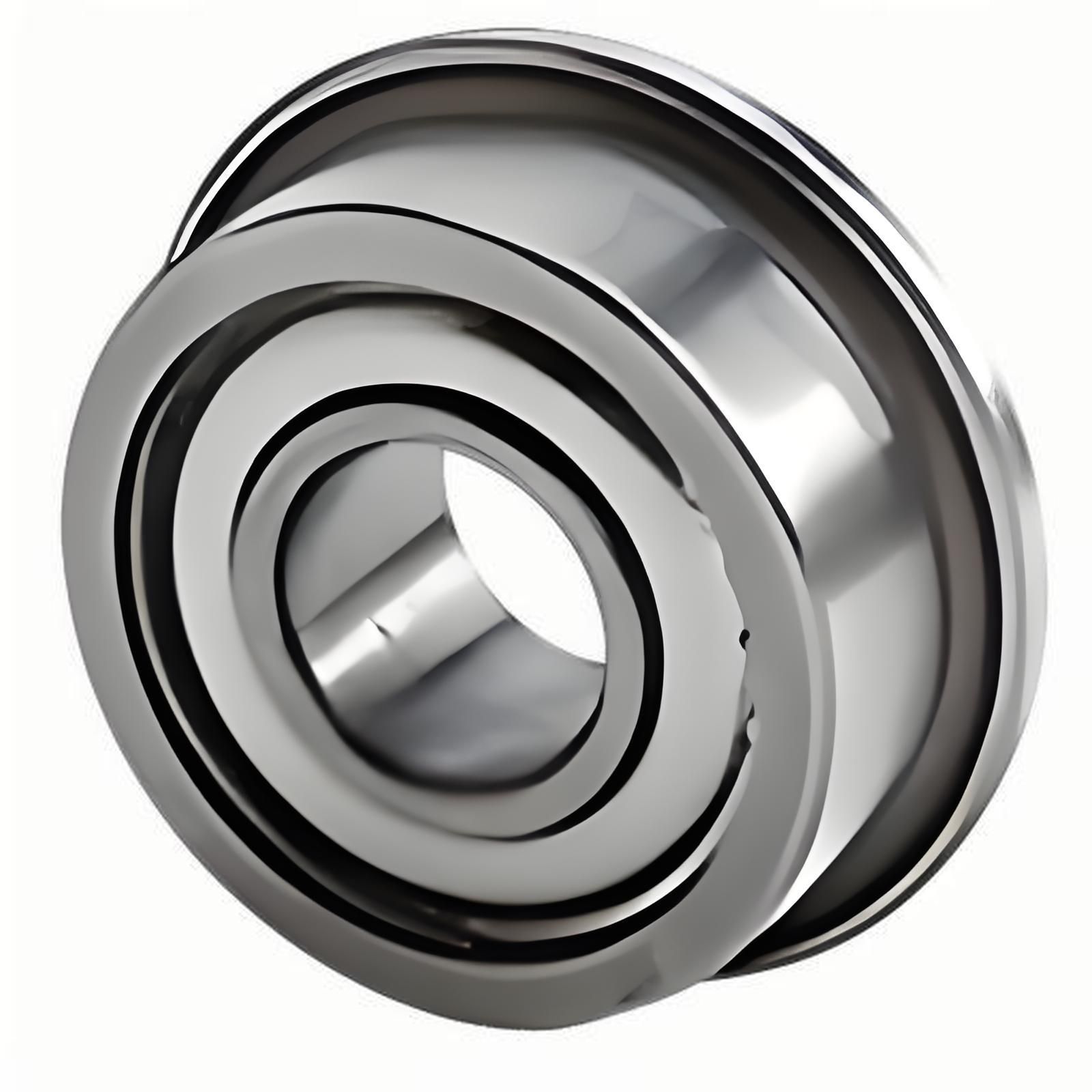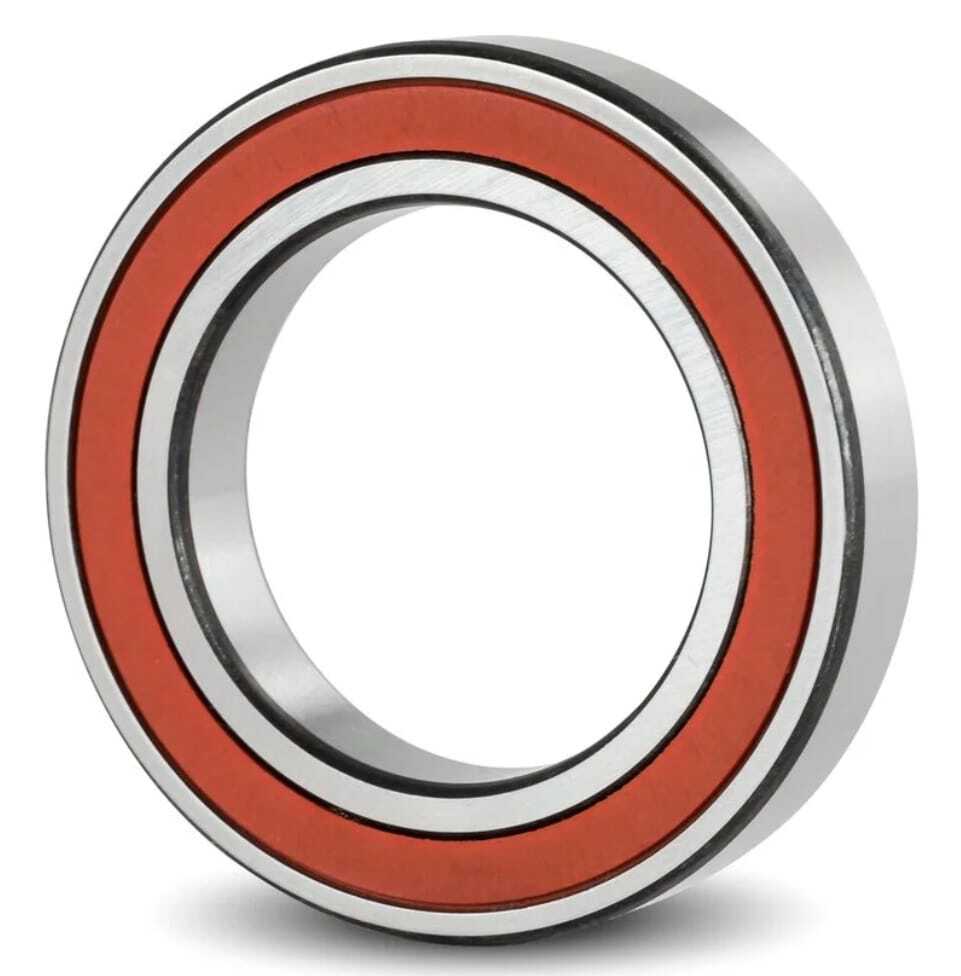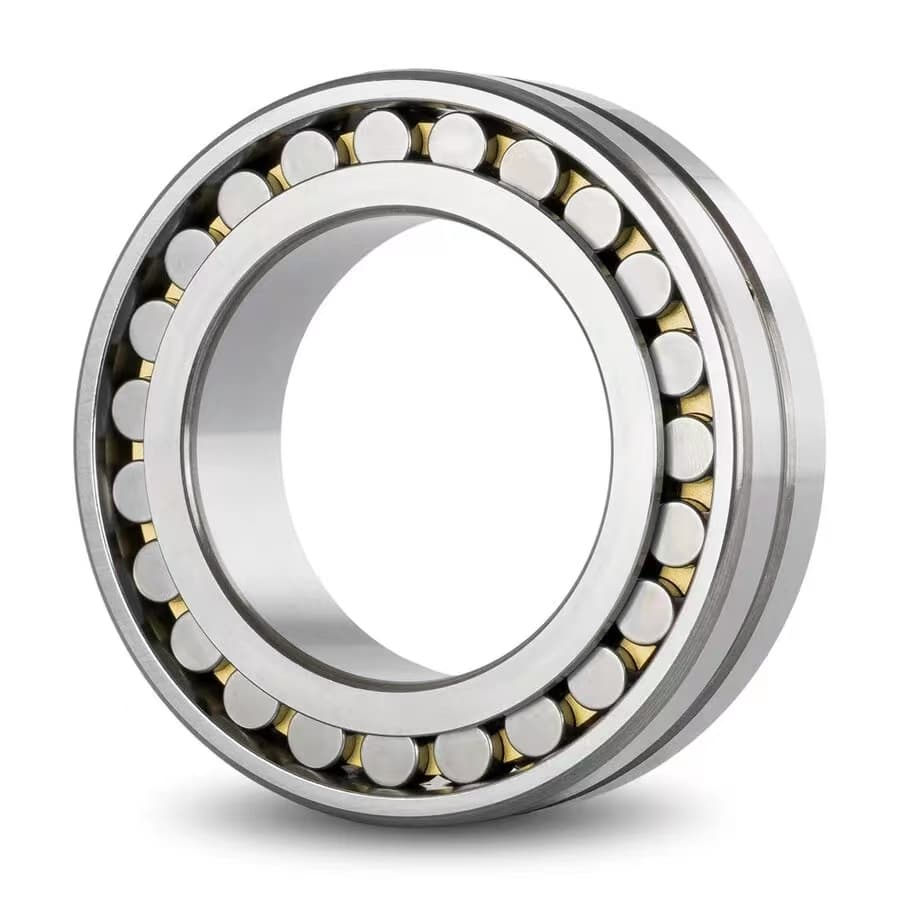What Are Types of Dental Bearings?
Dental bearings are important for making dental tools work smoothly. They help parts like drills and turbines spin, making procedures more precise...

Dental handpieces play an important role in dental procedures. Dental bearings ensure precise performance, extend the handpiece's lifespan, enhance the overall efficiency of dental handpieces.
Proper cleaning and maintenance of dental handpieces are essential for infection control and optimal performance. They also contribute to the longevity of the equipment.
Dental handpieces bearings are special parts used in dental handpieces. They support rotating components, ensuring smooth operation and reducing friction.
Materials Commonly Used in Dental Bearings:
Steel:
Ceramic:
High-speed dental handpieces use ball, ceramic, or hybrid bearings for durability and low friction. Low-speed handpieces often use sleeve, plastic, or standard ball bearings. These options are more cost-effective and provide adequate performance for lower speeds.
The specific role each type plays in ensuring smooth and precise handpiece operation:
Here are the reasons why proper cleaning dental handpieces is crucial:
Substances that enter dental handpieces and their impact on bearing performance:
Saliva is a common substance that contacts dental handpieces during procedures.
Impact on Bearings: Saliva can create a moist environment that promotes the growth of bacteria and other pathogens. If it mixes with debris, it can lead to the formation of sludge, increasing friction and wear on the bearings. This results in decreased efficiency and potential overheating.
Blood can enter handpieces during dental practices.
Impact on Bearings: Blood is a viscous fluid that can quickly dry and create deposits within the handpiece. These deposits can clog bearings, leading to increased resistance and reduced smoothness of operation. Ultimately, this can result in the premature failure of the bearings.
Tissue debris, such as bits of gum or other soft tissues, can accumulate in handpieces during procedures.
Impact on Bearings: Tissue debris can obstruct the movement of bearings, causing them to seize or operate less efficiently. This can result in rough operation, increased friction, and wear. This can reduce the overall lifespan of the handpiece.
Dental cement, bonding agents, and other substances used in procedures can also enter the handpiece.
Impact on Bearings: These materials can harden and create blockages, leading to impaired rotation of the bearings. This not only affects the handpiece's performance but also complicates cleaning and maintenance.
Inadequate cleaning of dental handpieces can lead to the infection of debris, which obstructs the bearings and increases friction. This can cause overheating.
This buildup can also result in corrosion and wear, leading to structural failure and reduced performance.
Ultimately, these issues shorten the lifespan of the handpiece, increasing operating costs and disrupting patient care.
After each use, rinse, brush, and flush the dental handpiece with water or a cleaning solution. Lubricate the bearings and run the handpiece briefly to distribute the oil before sterilizing it in an autoclave. Ensure it is completely dry before storing, and regularly inspect and replace worn parts according to manufacturer guidelines.
Manual Cleaning Techniques: Manual cleaning provides detailed attention but can be inconsistent and may miss hard-to-reach areas. This can lead to infection.
Automated Cleaning Systems: Systems like NSK iCare provide consistent and efficient cleaning. They use ultrasonic waves and automated cycles to thoroughly clean all surfaces. This can minimize the risk of leftover debris.
Manual Cleaning Techniques: Manual cleaning takes a lot of time and effort, often needing more staff to be effective.
Automated Cleaning Systems: Automated systems streamline the cleaning process. This can save time and labor by reducing the need for hands-on cleaning.
Manual Cleaning Techniques: Manual cleaning needs training to use the right techniques. This can result in different levels of effectiveness based on the operator's skill.
Automated Cleaning Systems: These systems are easy to use and need little training. This gives consistent results no matter the operator's experience.
Manual Cleaning Techniques: While initial costs may be lower, ongoing labor costs can rise over time.
Automated Cleaning Systems: The initial investment may be higher, but automated systems can save money in the long run. They improve efficiency, reduce labor costs, and extend the lifespan of equipment.
Manual Cleaning Techniques: There is a greater risk of cross-contamination during manual cleaning. The risk increases when people do not follow proper hygiene protocols.
Automated Cleaning Systems: These systems reduce human contact with impure surfaces. This enhances infection control and reduces the risk of cross-contamination.
In summary, automated cleaning systems are generally more effective in maintaining dental bearings. They provide consistent and efficient cleaning. These systems also enhance infection control.
Proper lubrication after cleaning is essential to ensure that dental bearings remain functional and perform optimally.
After cleaning, leftover moisture or cleaning agents can cause friction and wear. If not properly managed, they can also lead to corrosion. Lubrication creates a protective barrier, reducing friction between moving parts and enhancing their efficiency.
It also helps prevent contaminants from entering the bearings. This prolongs their lifespan and maintains the smooth operation of dental handpieces. Regular lubrication, along with thorough cleaning, is key to preventing premature failure.
The ideal lubrication process for both high-speed and low-speed bearings in dental handpieces:
Regular cleaning and maintenance of dental bearings remove debris, reducing friction and wear. This helps the bearings last longer and work better.
Bearings are essential for the rotation of the handpiece turbine. Over time, debris, moisture, and particles can build up in the bearings.
Without regular cleaning, this causes friction, wear, and overheating. Proper lubrication and timely replacement reduce the risk of failure or jamming. Without these steps, handpiece breakdowns can lead to costly repairs and delays.
Proper care and maintenance of dental bearings greatly reduce the need for costly repairs. This also helps minimize the frequency of dental handpiece replacements. Regularly cleaning, lubricating, and inspecting the bearings helps reduce wear and tear. This prevents major issues that could lead to expensive downtime and equipment replacement.
Dental bearings support smooth rotational movement. Regular cleaning and lubrication prevent wear and tear, helping to avoid breakdowns and keep dental handpieces working smoothly. Proper care of bearings reduces the risk of costly repairs and downtime.
Regular maintenance not only ensures optimal performance but also saves time and money in the long run. By focusing on these practices, your handpieces will work smoothly and efficiently. Contact us today for more information.

Dental bearings are important for making dental tools work smoothly. They help parts like drills and turbines spin, making procedures more precise...

Dental bearings play a vital role in dental handpieces, affecting their performance and lifespan. For dental professionals, it's important to...

Dental bearings, though small, are vital in dental handpieces, crucial for effective and efficient procedures. These bearings offer significant...